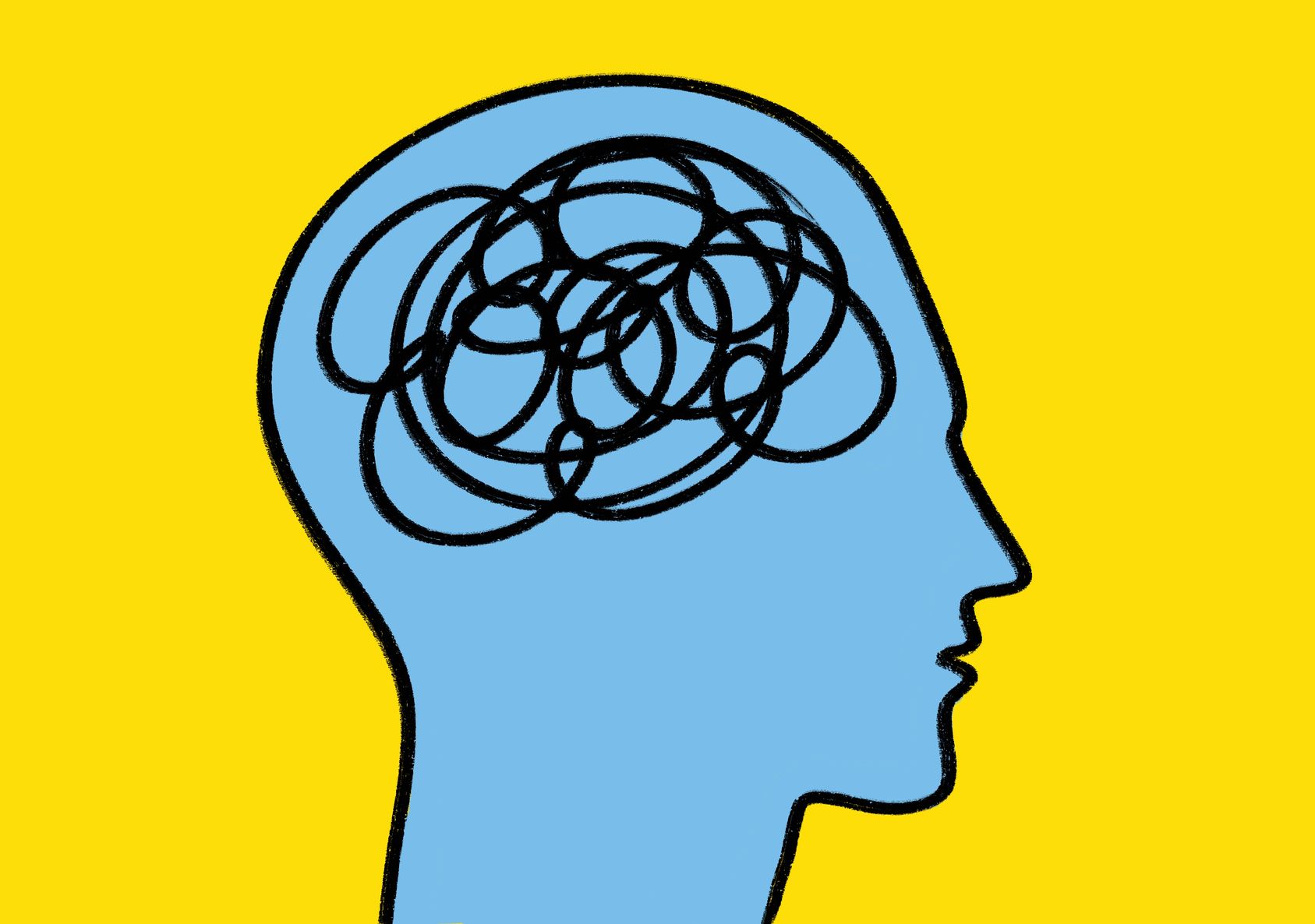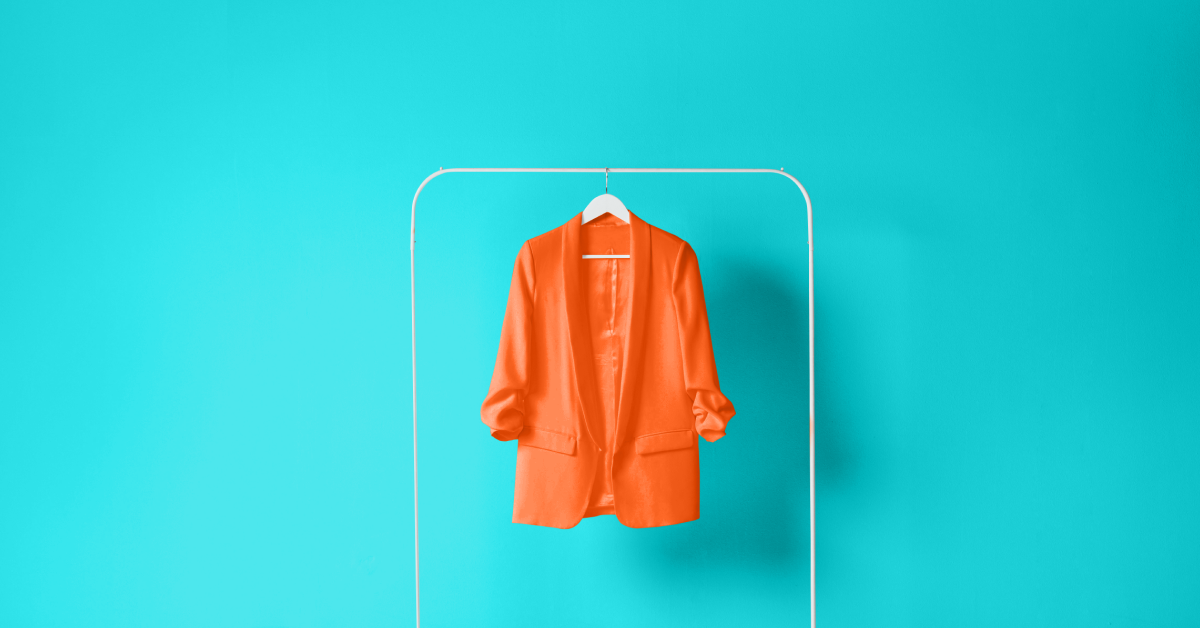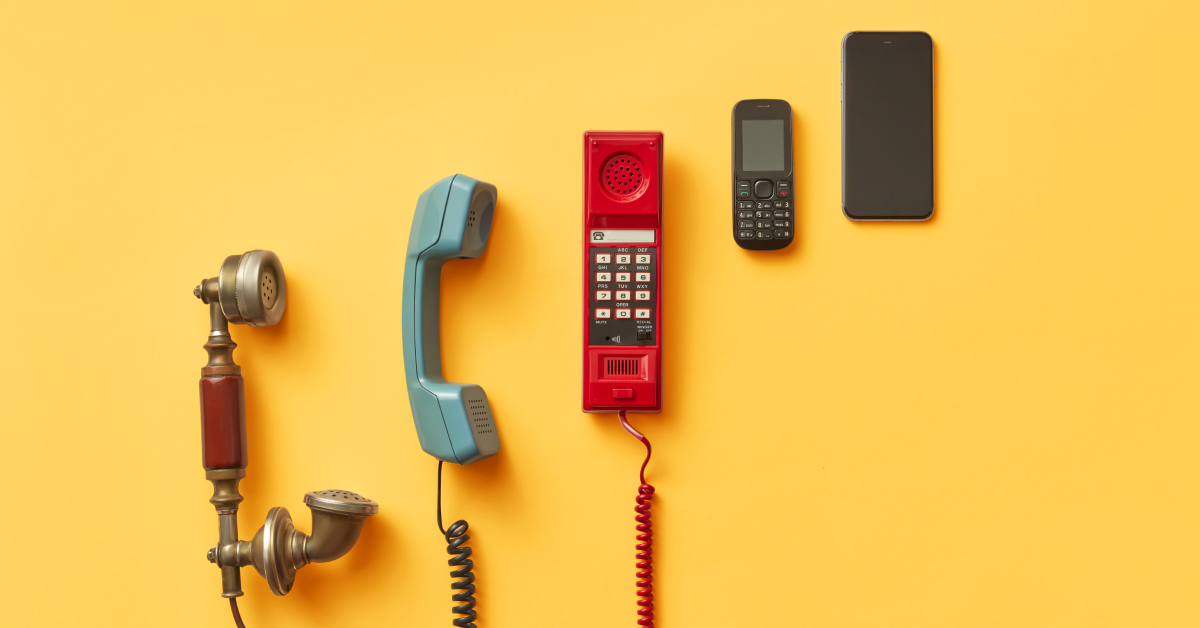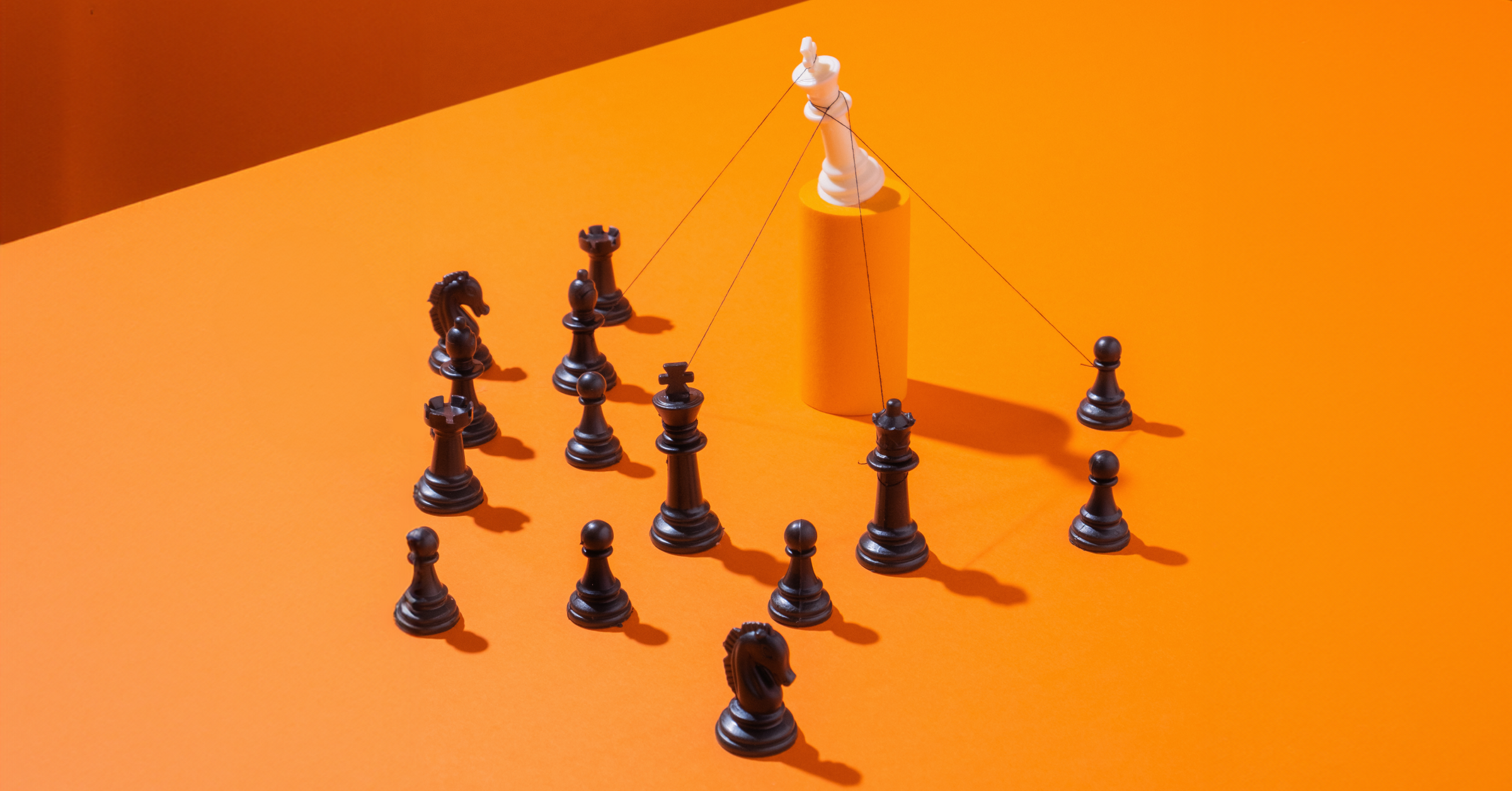The word decide shares an etymological root with "homicide" — the Latin word caedere, meaning "to cut down" or "to kill." Decision-making often feels like "killing" or "cutting down" your alternatives. If that potential loss weighs heavily when we don't know what to watch on Netflix, it can be absolutely oppressive when we're navigating the ambiguity of a global pandemic.
As humans evolved, our decisions ballooned from basic survival — where to eat, drink, and sleep — to limitless options for how to think, behave, and position ourselves for success. Unfortunately, our brains didn't evolve as quickly. Now, we're stuck with an exceptionally overwhelming psychological experience: decision fatigue.
In an era of endless options, understanding decision fatigue is crucial, especially in the high-pressure environments of many modern workplaces.
What Is Decision Fatigue?
Decision fatigue refers to the deteriorating quality of decisions made by an individual after a long session of decision-making. It's the mental and emotional strain resulting from a burden of choices. This psychological phenomenon explains why, after making many decisions, our ability to make additional decisions becomes worse.
The Psychological Experience
Our brains have a finite amount of mental energy available for decision-making. Each choice we make depletes this energy, leading to fatigue. This isn't just about big decisions; even small choices contribute to the drain. Over time, this leads to decreased self-control and impaired judgment.
The Evolutionary Perspective
Our ancestors faced a limited set of choices essential for survival. Modern life, however, inundates us with decisions — from trivial selections like which toothpaste to buy, to significant life choices. Our cognitive resources are stretched thin, not having adapted to this overload of options.
The Impact of Decision Fatigue at Work
Decision fatigue doesn't just affect personal life; it significantly impacts our professional environments. Leaders and employees alike face a barrage of decisions daily, which can lead to reduced productivity and poor choices that affect entire organizations.
Case Study: Judges and Decision Fatigue
After realizing how irrationally frustrated he became when evaluating fabric swatches for a bespoke wedding suit, Stanford Graduate School of Business professor Jonathan Levav decided to research how multiple decisions impact the quality of our choices. He chose to study judges — presumably the most rational decision-makers among us.
After analyzing over 1,000 parole decisions made by a cohort of judges over the course of a year, Levav surfaced unsettling conclusions. The judges' decisions wavered drastically — not by prisoners' ethnic backgrounds or crimes, but by time of day. Prisoners who appeared in the morning received parole about 70% of the time. Those who appeared late in the day, after the judges evaluated many cases, were paroled less than 10% of the time — even when they committed identical crimes and all other factors were controlled for.
This study highlights how decision fatigue can have profound consequences, even among those trained to make impartial judgments.
The Biological Price of Decision-Making
"No matter how rational and high-minded you try to be, you can't make decision after decision without paying a biological price," explains John Tierney, who documents Levav's research in his book, Willpower: Rediscovering the Greatest Human Strength. It's different from ordinary physical fatigue — you're not consciously aware of being tired — but you're low on mental energy. The more choices you make throughout the day, the harder each one becomes for your brain, and eventually, it looks for shortcuts.
Common Reactions to Decision Fatigue
When experiencing decision fatigue, people often resort to mental shortcuts. The most common reactions are:
- Lashing out: Emotional responses become more pronounced when mental energy is low.
- Doing nothing: Avoidance of making decisions altogether.
- Delegating decisions: Passing off choices to others to reduce personal cognitive load.
If you've resorted to these shortcuts, you're not alone. However, these reactions can have negative implications, especially in a work environment where decisive action is required.
How to Deal With Decision Fatigue
While decision fatigue is a natural response to our overloaded lives, there are strategies to manage and mitigate its effects.
1. Make Critical Decisions Early
Small adjustments can preserve some energy during this decision-making marathon. First, make your most critical decisions as early as possible, not when you're burnt out. Your cognitive resources are at their peak in the morning. Scheduling important meetings or decision-heavy tasks early can lead to better outcomes.
2. Outsource Non-Critical Decisions
Second, outsource non-critical decisions, and don't overreact if your team's choices don't directly align with what you would have done. Delegation not only lightens your cognitive load but also empowers your team members. Trusting others with decisions fosters a collaborative environment and can lead to innovative solutions.
3. Use Decision-Making Frameworks
Third, use a decision-making framework. Frameworks drive efficiency and consistency and help your colleagues understand why you made the choices you did so that next time they can make the call themselves. Common frameworks include:
- Pros and Cons Lists: Weighing the positive and negative aspects.
- Cost-Benefit Analysis: Evaluating the financial implications.
- SWOT Analysis: Assessing strengths, weaknesses, opportunities, and threats.
By standardizing the decision-making process, you reduce the mental energy required for each choice.
4. Limit Options
Having too many choices can be overwhelming. Where possible, limit the number of options to consider. For example, when faced with numerous alternatives, narrow them down to the top three before making a decision.
5. Establish Routines and Habits
Routine reduces the number of decisions you need to make. Establishing daily habits for mundane tasks frees up mental energy for more significant decisions. For instance, plan your meals for the week or set a standard wardrobe for workdays.
6. Take Regular Breaks
Mental fatigue can be alleviated by taking short breaks throughout the day. Stepping away from decision-making tasks allows your brain to recharge. Even a brief walk or mindfulness exercise can restore some cognitive capacity.
Overcoming the Fear of Better Options (FOBO)
Most importantly, while some decisions require obsessive analysis, many do not. Too often, we exhaust ourselves searching for the best solutions when many solutions could suffice. When experiencing fear of better options — or FOBO, as Patrick McGinnis, the venture capitalist who coined FOMO (fear of missing out), calls it — we forget that pursuing one solution does not bar us from exploring alternatives down the line.
Recognize that perfection is the enemy of progress. In many cases, a good-enough decision made promptly is better than a perfect decision made too late.
Embracing Imperfect Decisions
If we cannot mitigate the scope of our decisions, we can control the energy we expend on being right. Even if it's not the "best" decision, deciding on something empowers us to learn from its consequences — good, bad, and fine. This learning process sharpens our judgment, improving our decision-making endurance in the long run.
Not making any decision is still a decision, and any movement forward is better than standing still. Embracing action over inaction propels us forward and reduces the mental burden of unresolved choices.
The Freedom in Zooming Out
Dissonant as it may feel, most of today's decisions will not dictate your or your team's eventual success. There is freedom in zooming out. By recognizing that not every decision is life-altering, we can alleviate the pressure and reduce decision fatigue.
Gaining Perspective
When overwhelmed, take a step back and assess the broader picture. Ask yourself:
- Will this decision matter in a week? A month? A year?
- What is the worst that can happen if the decision isn't perfect?
- Can this decision be adjusted later if needed?
By reframing the importance of the decision, you can reduce anxiety and make choices more confidently.
*Editor's Note: This story was originally published in April 2020.



